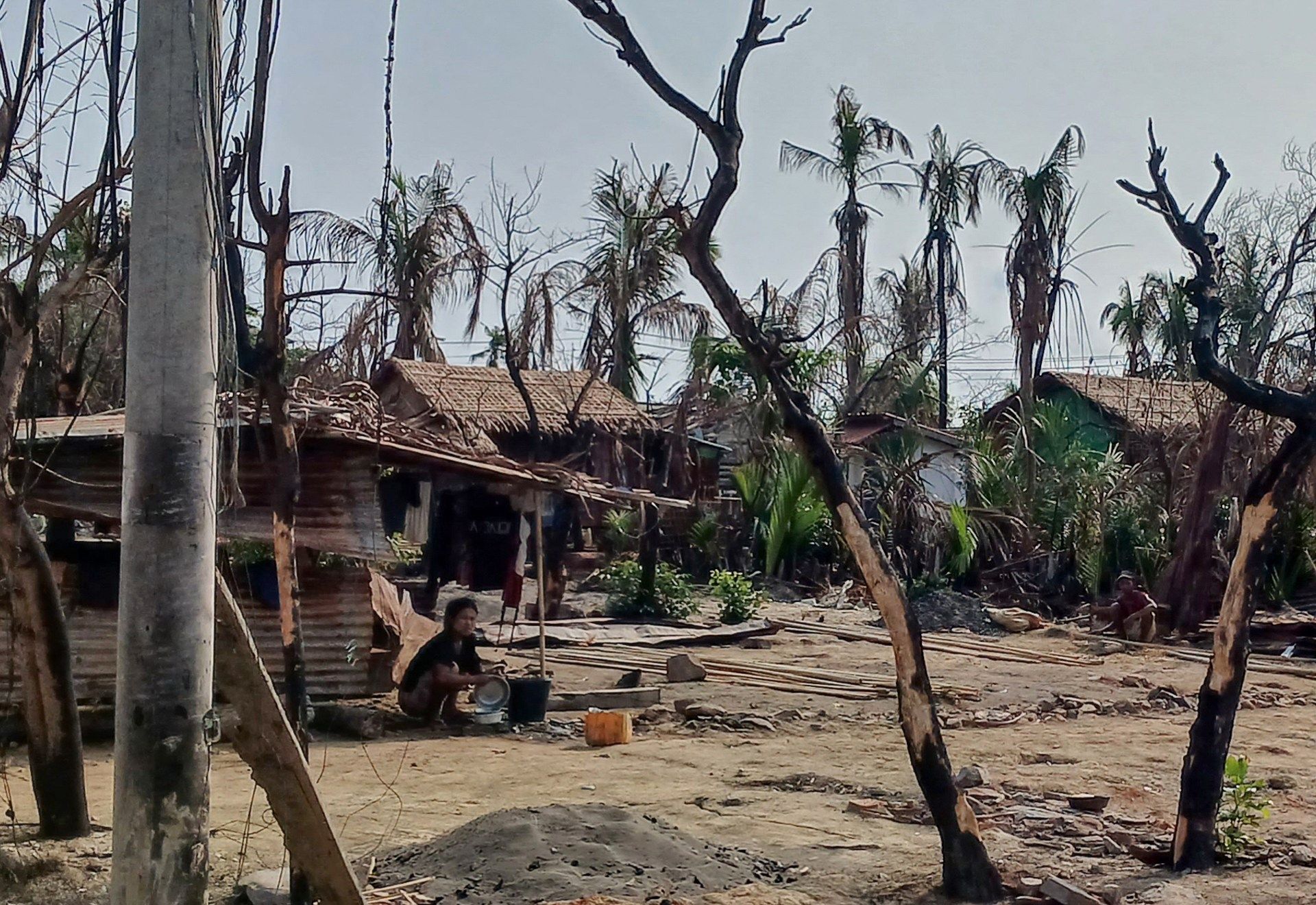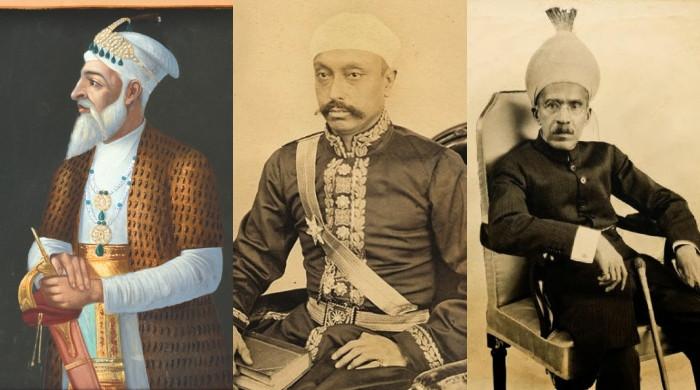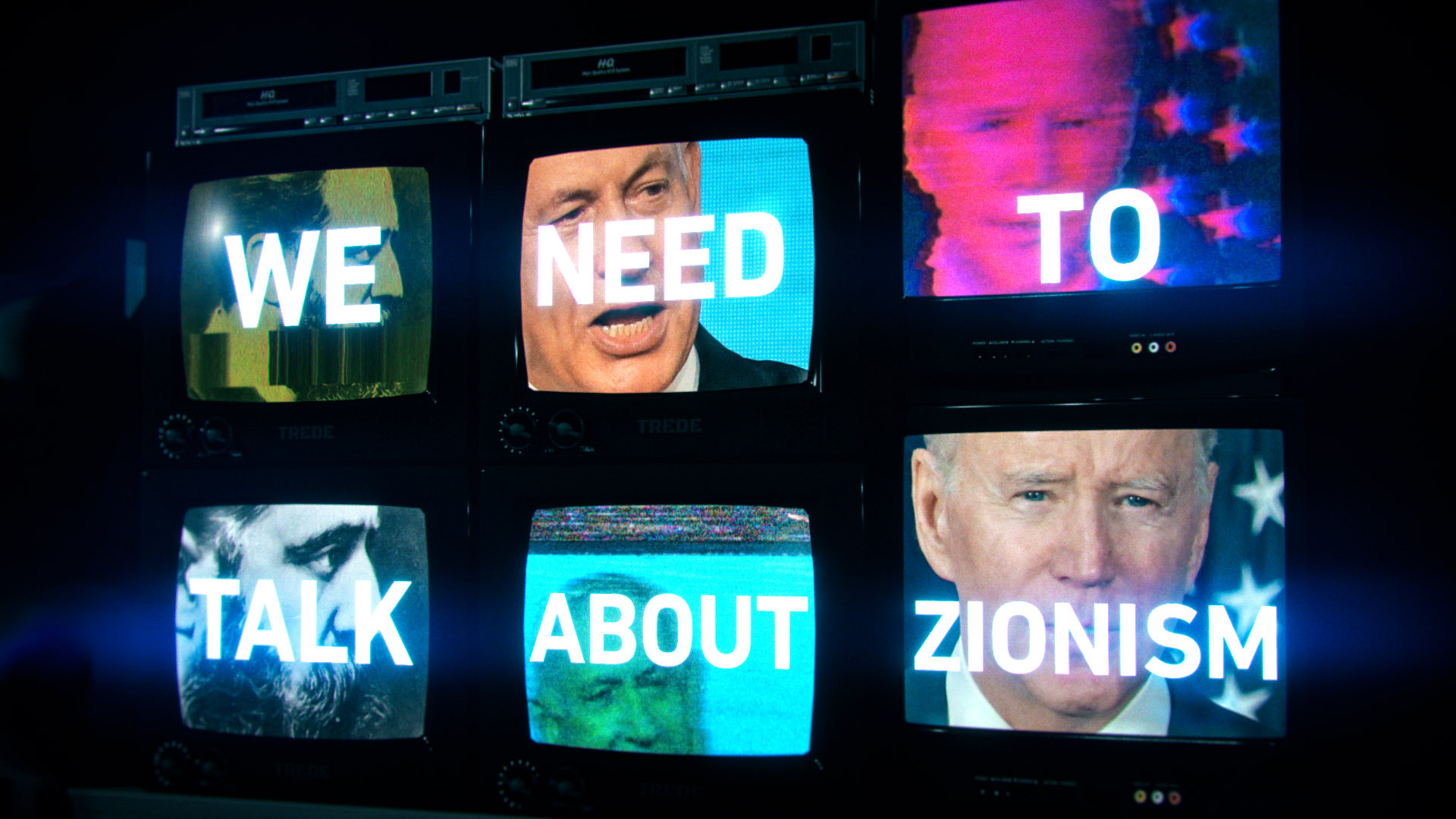Medical charity MSF is warning of an urgent need to protect civilians caught up in the escalating conflict in western Rakhine state.
More Rohingya are arriving in Bangladesh from Myanmar with war-related injuries amid escalating conflict between the military and the Arakan Army (AA) in western Rakhine state, according to international medical group Doctors Without Borders, known by its French acronym MSF.
MSF said its teams in Cox's Bazar, Bangladesh, treated 39 people with conflict-related injuries, including mortar shell wounds and gunshot wounds, in the four days leading up to 7 August. More than 40 per cent of the injured were women and children, it added in a statement.
Staff at his clinic said it was the first time in a year they had seen serious injuries on such a scale.
“Given the increasing number of injured Rohingya patients crossing from Myanmar in recent days and the nature of the injuries our teams are treating, we are increasingly concerned about the impact of the conflict on the Rohingya people,” said Orla Murphy, MSF representative in Bangladesh. “It is clear that the safe space for civilians in Myanmar is shrinking by the day as people are caught up in the ongoing fighting and forced to make dangerous journeys to Bangladesh to seek safety.”
The Rohingya, who are mostly Muslim, have long been subject to discrimination and ethnic violence in Rakhine.
In 2017, at least 750,000 Rohingya fled to Bangladesh after Myanmar's military launched a brutal crackdown that is now being investigated as genocide. Many of the thousands who remain are still living in camps where their freedom of movement is restricted.
Fighting in the state has intensified in recent months after the AA, which claims to represent Rakhine's Buddhist majority and is fighting for autonomy, joined armed groups fighting the military, which seized power in a coup in February 2021.
In late June, the UK-based Burmese Rohingya Organisation UK (BROUK) warned of an “escalation of genocide” in Rakhine, amid fierce fighting in Maungdaw, a coastal town near the border with Bangladesh where many Rohingya live.
That same month, fighting forced MSF to suspend its health services in northern Rakhine.
MSF said Rohingya seeking its help in Bangladesh had told it that a “desperate situation” was developing in Rakhine.
“Some reported seeing people bombed as they tried to find boats to cross the river into Bangladesh and escape the violence,” the statement said. “Others reported seeing hundreds of bodies on the riverbanks. Many patients spoke of being separated from their families on the way to safer areas and of loved ones killed in the violence. Many people said they were afraid that family members remaining in Myanmar would not survive.”
A week ago, a drone strike outside Maungdaw killed dozens of people waiting to cross into Bangladesh, Reuters news agency reported at the weekend.
The victims included a heavily pregnant woman and her two-year-old daughter, he added, and both the military and the AA blamed each other for the atrocity.
MSF said it was necessary to immediately protect civilians caught up in the conflict.
“People must not be subjected to indiscriminate attacks and must be allowed to leave for safer areas, while all those in need of life-saving medical care must have unhindered and sustained access to medical facilities,” Murphy said.












